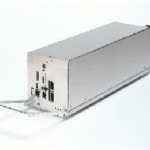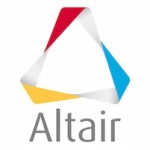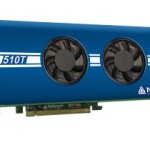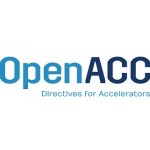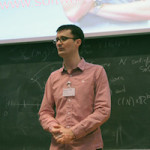This week at SC15, Eurotech announced that their HiVe HPC system is now available with x86 and ARM-64 based processors. The HiVe supercomputer leverages a new original high performance computing system architecture combining extreme density and best-in-class energy efficiency.
Archives for November 2015
E4 Computer Engineering Joins OpenPOWER Foundation
This week at SC15, E4 Computer Engineering from Italy announced its active participation in the OpenPOWER Foundation, an open technical community based on the POWER architecture, enabling collaborative development and opportunity for member differentiation and industry growth. Visit the OpenPOWER Foundation homepage for more information. E4 Computer Engineering has been developing innovative platforms for a number of years, specifically focused on solutions applied to HPC environments. E4 Computer Engineering’s participation in OpenPOWER is a natural next step in the company’s commitment to next generation technology. POWER architecture-based products enable customers to boost performance of their infrastructure while increasing efficiency and scalability.
University of Warsaw Selects Cray XC40 Supercomputer
This week, the University of Warsaw in Poland announced plans to install a Cray XC40 supercomputer at the Interdisciplinary Centre for Mathematical and Computational Modeling. The six-cabinet Cray XC40 system will be located in ICM’s OCEAN research data center, and will enable interdisciplinary teams of scientists to address the most computationally complex challenges in areas such as life sciences, physics, cosmology, chemistry, environmental science, engineering, and the humanities. ICM is Poland’s leading research center for computational and data driven sciences, and is one of the premier centers for large-scale high performance computing simulations and big data analytics in Central and Eastern Europe.
Altair Collaborates with Intel to Integrate PBS Pro with OpenHPC Software Stack
This week at SC15, Altair announced today it will provide an open source licensing option for its PBS Professional HPC workload manager. Scheduled to be released to the open source community in mid-2016, PBS Pro will become available under two different licensing options for commercial installations and as an Open Source Initiative compliant version. The decision includes working closely with Intel and the Linux Foundation’s OpenHPC Collaborative Project to integrate the open source version of PBS Pro.
One Stop Systems HDCA Supports 16 Nallatech 510T Accelerator Cards
This week at SC15, One Stop Systems featured the first PCIe 3.0 expansion appliance to support up to sixteen Nallatech 510T accelerator cards. The preconfigured appliance is targeted for data centers operating HPC applications, providing the user with a complete appliance that solves many integration issues, provides enhanced performance, and allows for scalable flexibility. The user simply attaches the HDCA to up to four servers and has thousands of additional compute cores readily available. Each connection operates at PCIe x16 3.0 with speeds of up to 128Gb/s.
Job of the Week: HPC Modeling and Optimization Postdoc at LANL
Los Alamos National Lab is seeking an HPC Modeling and Optimization Postdoc in our Job of the Week.
Tundra Servers come to Penguin on Demand
This week at SC15, Penguin Computing announced availability of its OCP-compliant Tundra platform on the company’s Penguin Computing on Demand (POD) public HPC cloud service. “POD customers will realize an immediate benefit of more capacity, as Tundra allows us to scale POD faster and more cost effectively,” said Tom Coull, President and CEO, Penguin Computing. “The rapid, modular scaling enabled by Tundra will result in increased capacity and greater performance.”
OpenACC 2.5 Includes Support for ARM and x86 Processors
The OpenACC Standards Group released the 2.5 version of the OpenACC API specification.
Earth Core Simulation Awarded Gordon Bell Prize
Scientists at the University of Texas at Austin, IBM Research, New York University and the California Institute of Technology have been awarded the 2015 Gordon Bell Prize for realistically simulating the forces inside the Earth that drive plate tectonics. The team’s work could herald a major step toward better understanding of earthquakes and volcanic activity.
Creating Careers for Research Software Engineers
“Recognition of status and career advancement in academia relies on publications. If your skills as a software developer lead you to focus on code to the detriment of your publication history, then your career will come to a grinding halt – despite the fact that your work may have significantly advanced research. This situation is simply not acceptable.”

